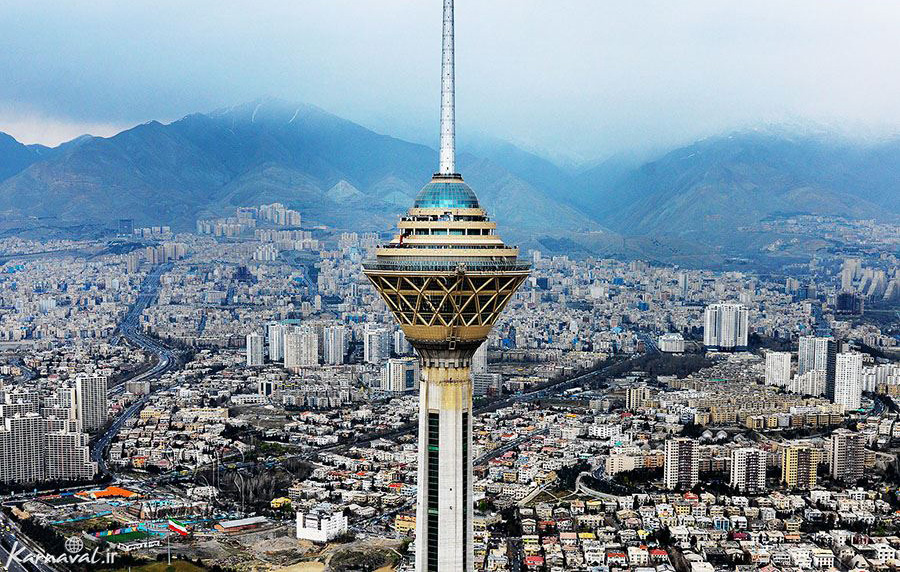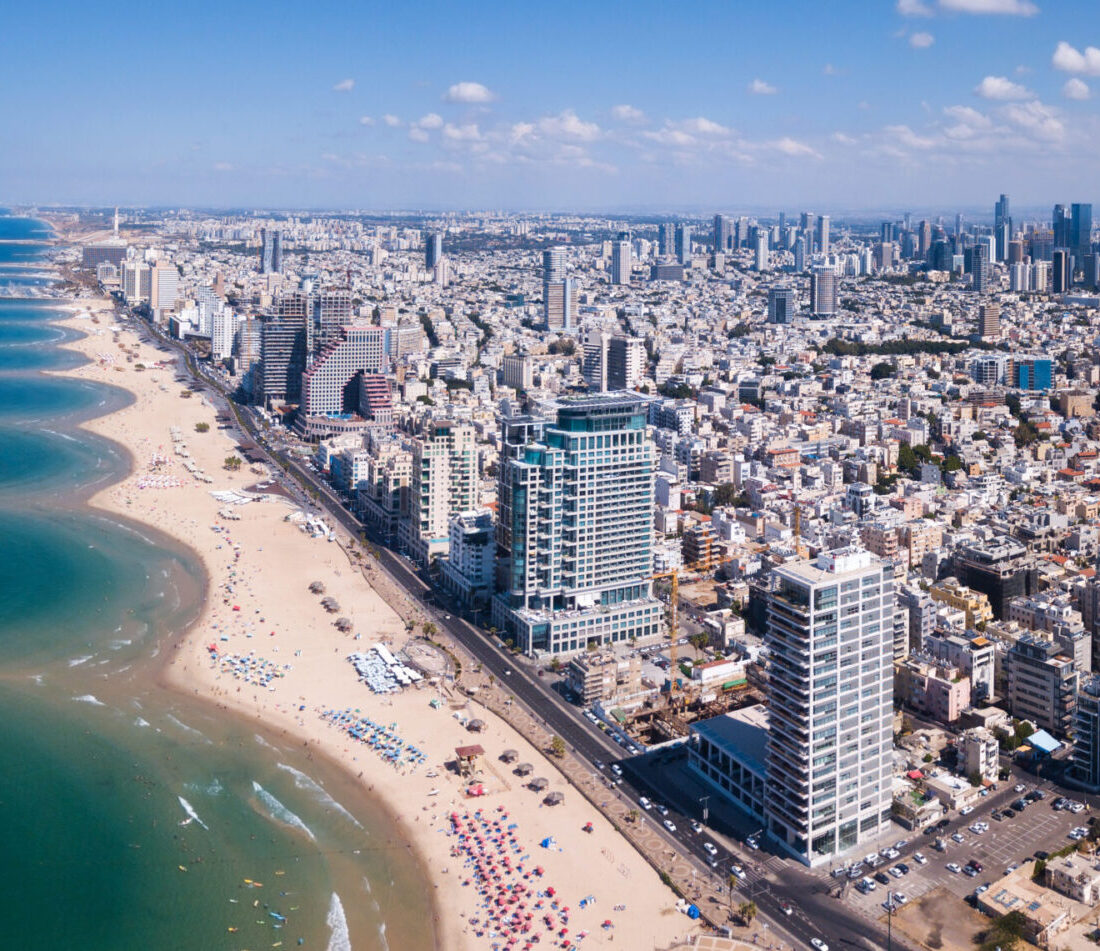LegitHyperbole said:
I understand your point of creating a power vacuum in Hesbollah and Isreal and how that might cause things to be worse like when the US took out Gadafi and fucked up all of northern Africa and I know Pakistan nor Netanyahu would pull the nuvlear option but alas, I had to know the repercussions. Apparently it would cause a small nuclear winter for the Northern hemisphere but experts are split on wheter it would impact us so badly enough to impact our civilization. What is guaranteed is a dark summer, crop failure that year or teo but then some think it'd might as well be between Russia and the US for all the difference it make and that it'd end us, I found one quote that said there is no such thing as a small nuclear war. I don't get it though, I can't see how it'd knock up that much dirt and there is nothing in the middle East to burn so no wildfire to exasperate things. I mean, I'm no expert but I think the experts are being hyperbolic here on how bad it would be just to cause fear and enforce the idea of MAD for the region. There also isn't as much dirt to get thrown up into the atmosphere, the sand should melt and the mushroom clouds shouldn't be as dense as if say New York was nuked for obvious reasons.Â
|
There is plenty to burn in the ME, Israel and Lebanon have been putting fires out from stray rockets for months. There are over 88 million people in Iran with big cities just like NY.
Theran Milad Tower. Tehran population 8.7 million.

Israel is far smaller, population 9.5 million. Tel Aviv is pretty big as well though, population 450K

Jerusalem has another 874K population
Of course there would also be panic all over the world, disruption to trade next to nuclear fallout.
Let's hope Netanyahu never gets to the point of all out nuking Iran. Luckily Iran is playing the adult so far, not willing to grant Netanyahu his wish of an all out war with Israel. A 'conventional' all out war would already be too devastating with global repercussions.
The current 'adventures' of Israel already contribute greatly to global warming
The Gaza war is an environmental catastrophe
Toxic waste, water-borne diseases, vast carbon emissions: Dr. Mariam Abd El Hay describes the myriad harms of Israel’s assault to the region’s ecosystems.
https://www.972mag.com/gaza-war-environmental-catastrophe/

“Ever-worsening shortages of water and electricity. Catastrophic flooding in dense urban areas. Food insecurity exacerbated by drastic temperature increases, reduction in overall rainfall, and the long-term impact of toxic chemicals.”
This is what climate researchers Khalil Abu Yahia, Natasha Westheimer, and Mor Gilboa, writing in +972 Magazine more than two years ago, predicted was in store for Gaza’s near-term future. Israel’s ceaseless bombardment of the Strip over the past 11 months has caused unspeakable humanitarian consequences, but it will also have dramatic and lasting effects on Gaza’s already imperiled natural environment — and indeed, that of the entire region.
“It is near impossible to think about the climate crisis amongst this much death and destruction,” Westheimer wrote this past November, after Abu Yahia was killed in an Israeli airstrike. “But the reality is, this last month has set Gaza even deeper into a humanitarian crisis, and its two million residents are more vulnerable to the impacts of climate change than ever.”
In June, the Center for Applied Environmental Diplomacy at the Arava Institute for Environmental Studies published an extensive new report on the environmental impact of Israel’s ongoing assault on Gaza. The report covers myriad environmental harms of the war — from the vast amount of toxic dust released by bombing buildings, to the breakdown of waste management, and the destruction of water treatment facilities and proliferation of water-borne illnesses.
While it is Palestinians in Gaza who face the most severe threat, the report makes clear that the entire territory between the Jordan River and the Mediterranean Sea is part of one ecosystem, in which health and environment are interconnected in a vulnerable equilibrium. This was made particularly evident by the recent discovery of poliovirus in Gaza’s wastewater. The Israeli army set about delivering Polio booster shots to Israeli soldiers, before eventually agreeing to a vaccination campaign for Palestinian children in the territory under the age of 10; Israel has also taken a sudden interest in reconstructing the wastewater management infrastructure that it destroyed.
The report also highlights the link between armed conflict and global warming. On July 21, the planet experienced the hottest day on record; in the Middle East, temperatures are rising on average twice as fast as the rest of the world.

To better understand the environmental impact of the war, +972 spoke with Dr. Mariam Abd El Hay, a researcher in social dynamics and the environmental impacts of conflicts and a Palestinian citizen of Israel from the city of Tira.
....
Explosions crush building materials into tiny pieces, which releases toxic particles into the environment that are then absorbed by humans. Even though the highest exposure to these toxins occurs at the time of the explosion, the microparticles of dust and toxic ash are dispersed by wind, and picked up by footsteps and moving vehicles. The Israeli army has also used white phosphorus, an incendiary weapon which is highly toxic. As a result, while Gazans face the most dire health risks, Palestinians, Israelis, and all other living beings in the region will continue to suffer the consequences for years to come.
In Gaza, asbestos, which is highly carcinogenic in the form of dust, is commonly used in construction, further elevating the risk of cancer through inhalation. It was already found in toxic dust following Israel’s bombardment of the Strip in 2021.
....
Tens of thousands of tons of residential waste have been accumulating in the streets and informal dumpsites, due to the shortage of fuel needed to operate waste management machinery. This can lead to soil and groundwater pollution, as well as contribute to excessive algae blooms along the coast, endangering marine life and bathers.
Inadequate waste management is also attracting animals, such as rats, that can transmit diseases to humans. The high temperatures and humidity in our region in the summer also create perfect conditions for the growth and reproduction of bacteria.

It is projected that the current war already yielded a minimum of 900,000 tons of toxic waste. These pollutants — which include radioactive and carcinogenic materials, heavy metals, pesticides, and other chemicals, emitted both through the use of military munitions and in the destruction of buildings — persist in the environment, posing a threat to all forms of life, including animals and vegetation. They contaminate soil, air, and water sources, endangering ecosystems.
One ecosystem that is particularly threatened by toxic waste runoff is Wadi Gaza, a nature reserve within the Strip. Rich in biodiversity, this nine-kilometer-wide stretch of land runs westward from the border fence to the sea. It is an extension of the Besor Stream, which flows from Hebron in the West Bank through Be’er Sheva in Israel, into the Mediterranean Sea. Local water birds and migratory birds traveling across continents both rely on the coastal wetlands in this area as their habitat.
Can you say more about the status of water treatment in Gaza?
The situation was already extremely fragile given that Israel has long controlled Gaza’s water supply, but it has been severely worsened by the war. The now damaged or destroyed infrastructure includes drinking water wells, water networks such as pumps and towers, sanitation and hygiene facilities, sewage networks, desalination plants, stormwater infrastructure, marine sewage outlets, and wastewater treatment plants. Furthermore, by mid-November, the lack of fuel made it inevitable that all five of Gaza’s wastewater treatment plants and most of its 65 sewage pumping stations would close, as Oxfam reported.
Before the war, 13,000 cubic meters of raw sewage flowed into the sea from Gaza every day. But now, the United Nations Environment Programme (UNEP) estimates that this figure has skyrocketed to 130,000 cubic meters daily. And due to the breakdown of the wastewater treatment facilities, people are forced to consume brackish and contaminated water and use it for cooking, cleaning, and personal hygiene.

Misery continued in the article https://www.972mag.com/gaza-war-environmental-catastrophe/






























































